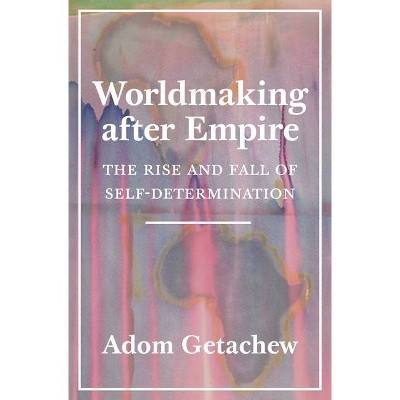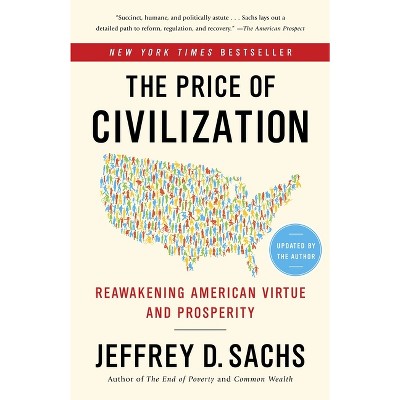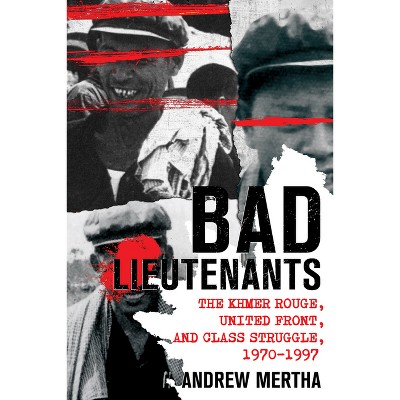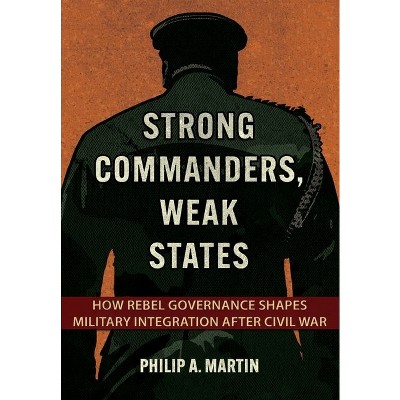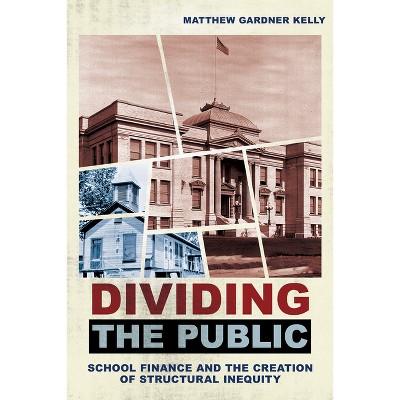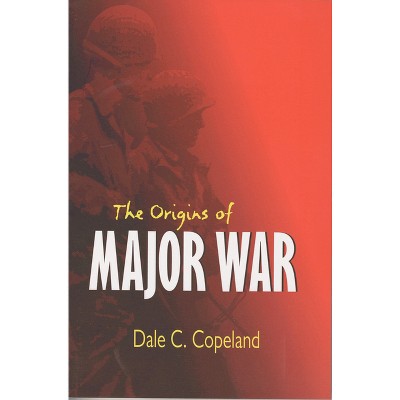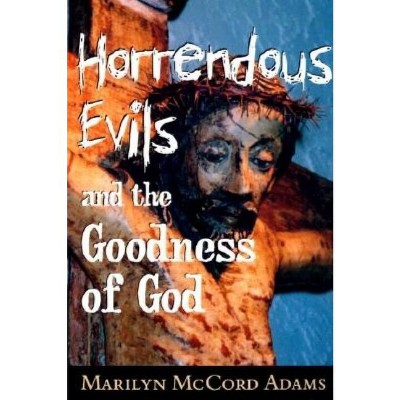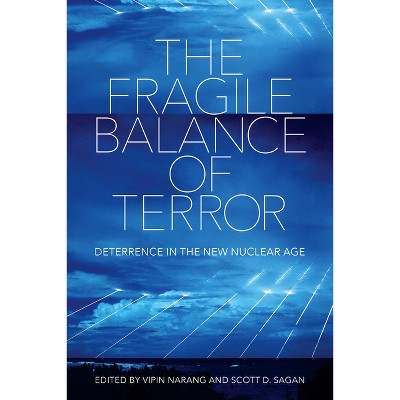Sponsored

Post-War Laos - by Vatthana Pholsena (Paperback)
In Stock
Sponsored
About this item
Highlights
- Three decades after the conclusion of the civil war that brought the communist Pathet Lao to power, the leaders of the Lao People's Democratic Republic are still searching for a compelling and unifying national identity.
- About the Author: Vatthana Pholsena is Assistant Professor of Southeast Asian Studies at the National University of Singapore.
- 270 Pages
- Political Science, History & Theory
Description
About the Book
Three decades after the conclusion of the civil war that brought the communist Pathet Lao to power, the leaders of the Lao People's Democratic Republic are still searching for a compelling and unifying national identity. As detailed in Postwar Laos--a...
Book Synopsis
Three decades after the conclusion of the civil war that brought the communist Pathet Lao to power, the leaders of the Lao People's Democratic Republic are still searching for a compelling and unifying national identity. As detailed in Postwar Laos--a rigorously researched, cogently argued, and pathbreaking book--Laotian nationalism is caught between the rhetoric of preservation and the desire for modernity. Using fine-grained analysis of substantial ethnographic and archival material, Vatthana Pholsena sheds light on the politics of identity, the geographies of memory, and the power of historical narrative in contemporary Laos.Pholsena pays particular attention to the country's ethnic minorities, who had been marginalized--politically, administratively, and symbolically--by the French colonial government, which ruled for fifty years, and by its Royal Lao successor. Many members of these minorities fought for the Lao People's Liberation Army in the country's civil war (1960-1975), though, and were thus exposed to the processes of modern politics. The first book to examine the impact of such forces on Laos's ethnic minorities and their perception of Laotian nationalism, Postwar Laos also refines established theories of nationalism. Pholsena addresses a weakness common to all: the tendency to deny agency to individuals, who may in fact interpret their relationship to, and place within, the nation in a variety of ways that change according to time and circumstance.Postwar Laos offers a new perspective on the history of Southeast Asia and, more broadly, on the formation of national identity that will be welcomed by historians, political scientists, sociologists, ethnographers, and cultural anthropologists alike.
Review Quotes
"Post-war Laos is a thorough and original study of the difficult making of a multiethnic nation. Combining a historical approach and a multi-sited ethnography, it provides unique insights into the ideology of ethnicity in Laos. This book is clearly a major contribution to the understanding of one of the less known countries in Asia."--Yves Goudineau, Professor and Scientific Director, École Française d'Extrème-Orient (EFEO)
"Post-war Laos makes not only an important contribution to the study of Lao identity, society, and history, but also more broadly to the vexed problem of multiple identities among the people of Southeast Asia."--Martin Stuart-Fox, Professor Emeritus, University of Queensland
About the Author
Vatthana Pholsena is Assistant Professor of Southeast Asian Studies at the National University of Singapore.
Shipping details
Return details
Trending Non-Fiction





